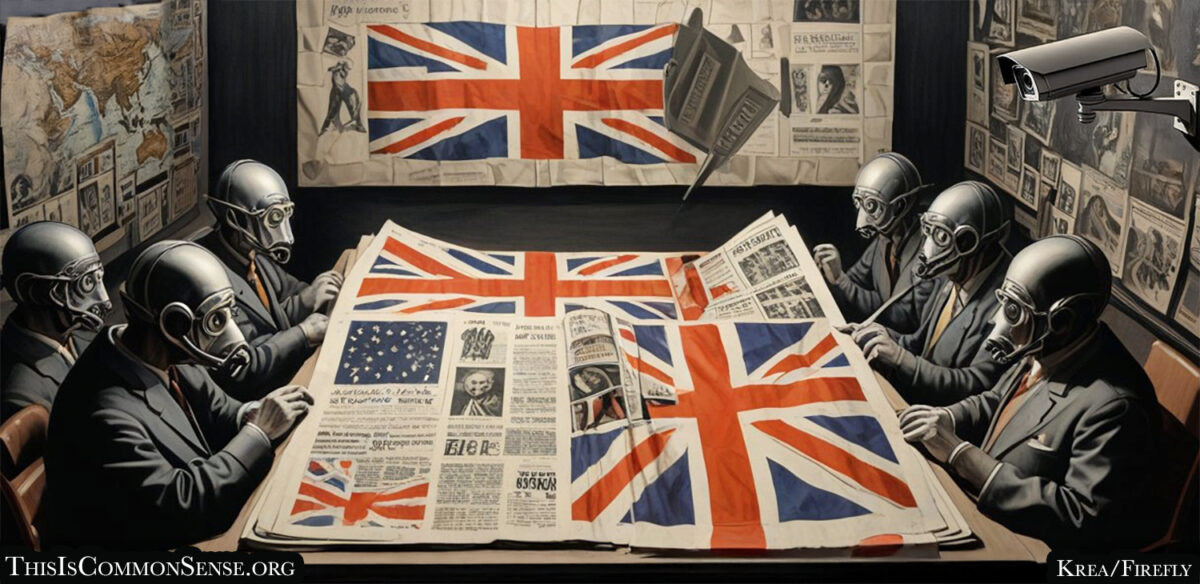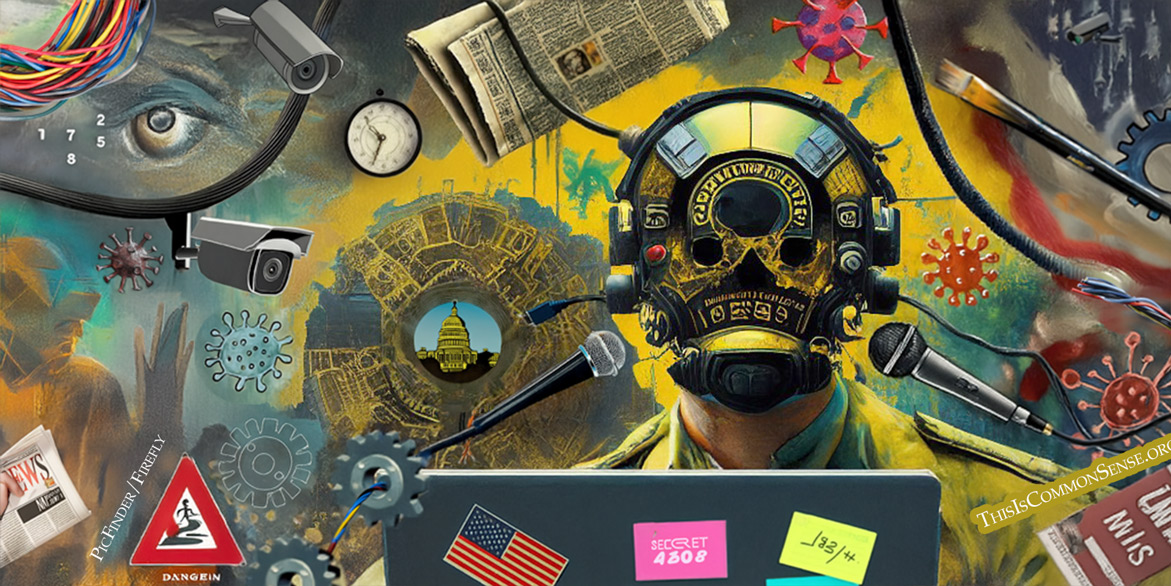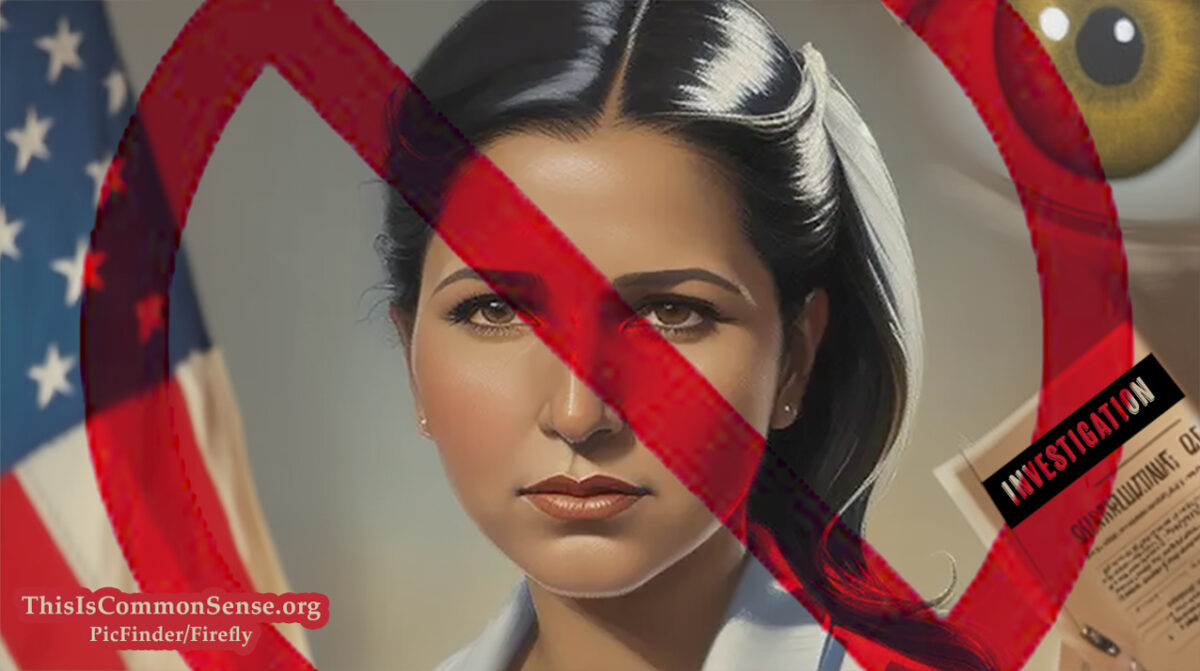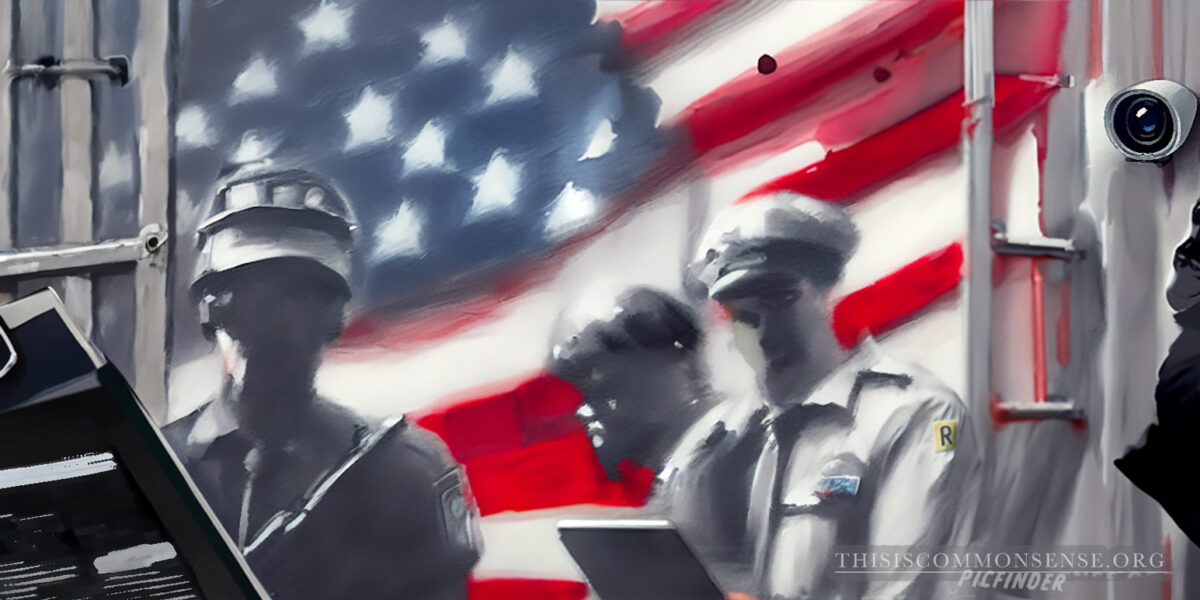In Great Britain, you can get police to show up at your door just by posting an unauthorized opinion on social media.
Things are about to get worse. By talking about it online, Britons who think that the country has an immigration problem could draw the attention of a new police unit, National Internet Intelligence Investigations.
Saying “we’ve got to protest about this” will probably cause the sirens to go off.
Chris Philp, the shadow home secretary, says the government is trying “to police what you post, what you share, what you think” because it “can’t police the streets.… Labour have stopped pretending to fix Britain and started trying to mute it.”
However, this kind of thing happened under the Tories too.
People still speak their minds in the UK. They aren’t yet used to regarding their political opinions as prenatal forms of criminal activity.
One could use social media to plan or boast about what everybody agrees is a crime. A thug might post video showing how he beat somebody up. Bank robbers might share bank-robbery plans on Facebook. Criminals tend not to do these things. But if they did, for real (that is, they’re not play-acting), who could object if the police inspect the incriminating posts and take appropriate action?
But what’s happening in the UK is not that.
It’s an attempt to prevent social unrest by finding expressions of dissent and pretending to divine which speech-crime will lead to protest-crime.
It requires Big Brother Bobbies.
This is Common Sense. I’m Paul Jacob.
Illustration created with Krea and Firefly
—
See all recent commentary
(simplified and organized)









